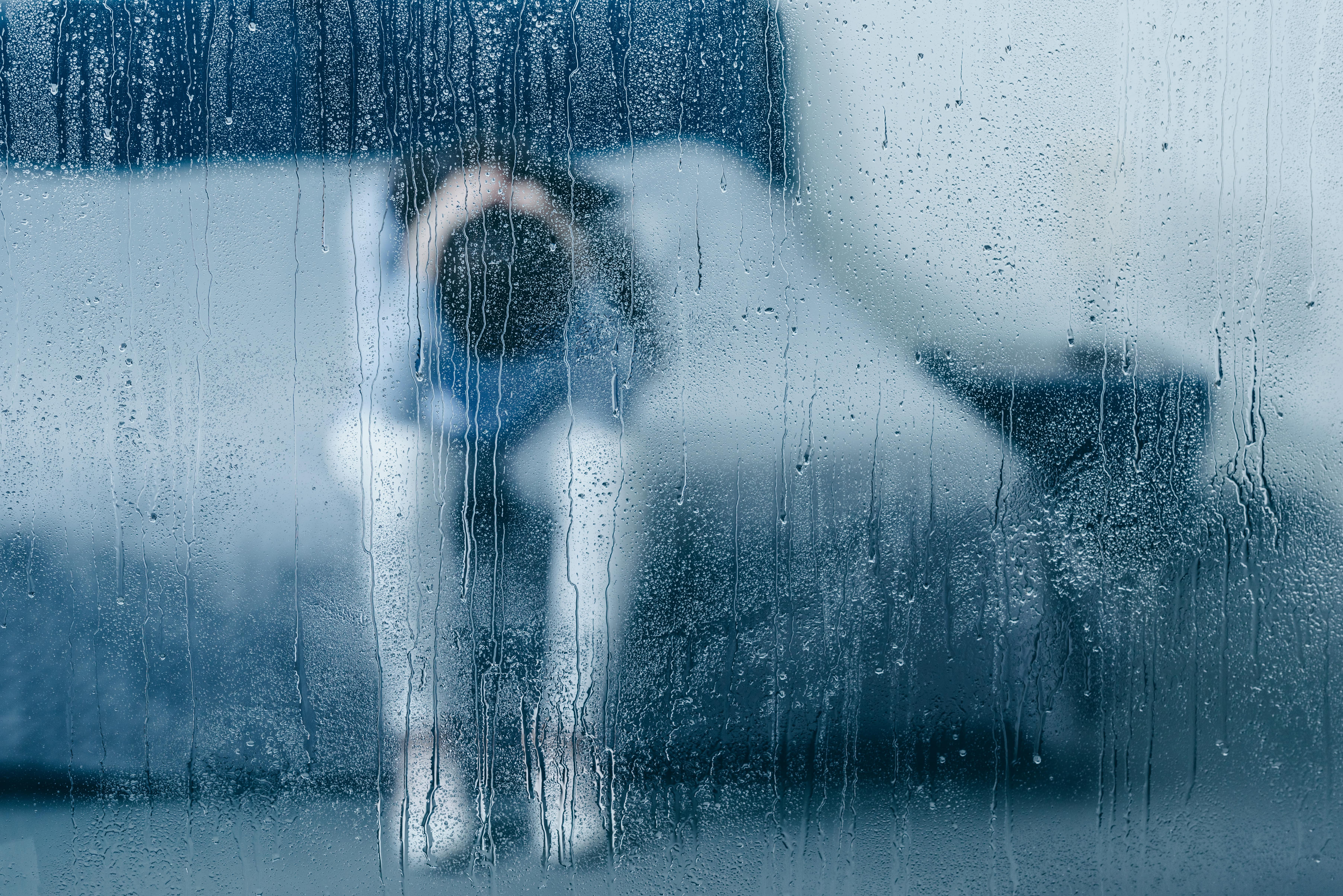
You understand that depression can affect your mood and your mindset. But you’re not sure why you’re always exhausted. Does depression make you tired, too? If so, why? And, more importantly, what can you do to get your energy back? If you are unsure if depression is what you are struggling with take our “Am I Depressed?” quiz to get answers now!
Does Depression Make You Tired?
Low energy and overwhelming fatigue can be symptomatic of all three types of depression. This means that the answer to the question at the top of this page (Does depression make you tired?) is yes, it most definitely can.
Many people who struggle with this mental health concern also often want to know how this physical effect occurs. In other words, why does depression make you tired?
One easy (but not necessarily satisfying) answer is that fatigue is simply one of the symptoms of depression. Digging a bit deeper, here are five possible reasons why depression makes you tired:
Disrupted Sleep from Depression
If you have been struggling with depression, there’s a decent chance that your sleep patterns have been disrupted. This may mean that you have had difficulty falling asleep and staying asleep (which is commonly referred to as insomnia). It could also mean that you have been sleeping much more than normal (which is known as hypersomnia). Both of these extremes can cause you to feel fatigued throughout the day.
Lack of Movement Because of Depressive Disorders
When you’re in the midst of a depressive episode, it can be difficult to muster the motivation to get out of bed and simply get through the day. At these times, summoning the energy to participate in “extra” activities such as going for a walk, riding your bike, or hitting the gym may simply be beyond your capacity. But exercising, while temporarily tiring, can boost your energy levels. If you’re not incorporating an ample amount of physical movement into your daily schedule, this can exacerbate your fatigue.
Poor Nutrition Caused by Depression
Depression can also have a negative impact on your eating habits. For some people, lack of appetite is a symptom of their depressive disorder. For others, even though they’re hungry, depression robs them of the energy and motivation to prepare a healthy meal. If you haven’t been eating enough – or if you have been subsisting on a diet of fast food or prepackaged meals – you’re not getting the nutrients you need, which can amplify your exhaustion.
Emotional Exhaustion of Depression
Another answer to the question, “Why does depression make you tired?” is that this condition can increase your sensitivity to stress while simultaneously undermining your ability to process it. Even though stress is an emotional phenomenon, it can have a physical impact (which is why people often refer to stressful days as having been emotionally exhausting).
Effects of Medication Can Make You Sleepy
Though this is not a direct cause of the depression itself, fatigue can be a side effect of certain antidepressants. Sometimes, fatigue can be a temporary experience as your body adjusts to a medication. But if you continue to lack energy even after you’ve been taking a prescription antidepressant for an extended period, you should discuss this effect with your healthcare provider. This could be a sign that you need to try a different medication.
What Are the Other Effects of Depression?
As difficult as persistent fatigue can be, it is far from the only negative effect that untreated depression can have. The following are examples of the many other ways that depressive disorders can undermine your ability to enjoy a full and satisfying life:
- Pervasive sense of sadness, hopelessness, and despair
- Disrupted focus and concentration
- Memory problems
- Unhealthy weight gain or loss (due to appetite changes)
- Physical health problems due to poor self-care
- Onset or worsening of co-occurring mental health disorders
- Increased risk of substance abuse and addiction
- Substandard performance in school or at work
- Withdrawal from friends and family
- Social isolation
- Thoughts of self-harm and/or suicide
Thankfully, you can avoid these and other effects (or begin to heal from any damage that you have already incurred) by getting treatment for depression from a reputable provider. With the right combination of medication and therapy, you can learn to manage your symptoms and start living a much healthier and more hopeful life.
Begin Depression Treatment in Atlanta, GA
Atlanta Integrative Psychiatry is a trusted provider of personalized care for adults whose lives have been disrupted by persistent fatigue and other symptoms of depression. At our depression treatment center in Atlanta, you will be cared for by a team of dedicated professionals who can assess the full scope of your needs and design a customized plan just for you. To learn more or to schedule a free assessment, please visit our appointment page or call us today.





